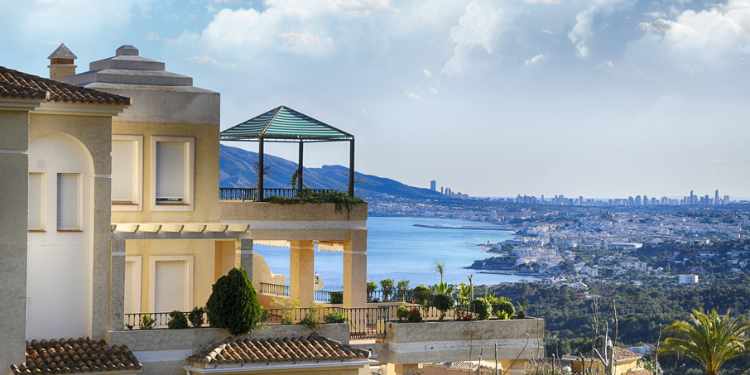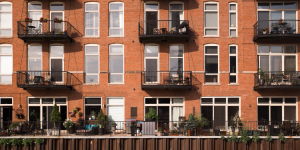
Although Spain is known by expats for being one of the most affordable countries in Europe, it has been facing rising property prices since last year. The rise, as experts say, is a consequence of higher demand and lower supply due to the lack of resources as raw materials for new builds.
Home property sales in Spain recorded the highest March figures in 15 years, having an increase of 25% compared to March 2021. The National Statistics Institute reported 59,272 registered sales in March this year, with two-thirds coming from the Andalusia region, located in the South of Spain. In that area, there were the highest number of transactions, accounting 39,846 sales, followed by Valencian Community in the East Coast and Catalunya, which its capital is Barcelona. The rise presents a difficulty for expats who used to see Spain as an affordable country to live in.
Why are prices rising in Spain, and what to expect?
The rising property prices come together with the high demand as the retail market recovers after the pandemic. Cristina Arias, director of the Studies service of the appraiser Tinsa, comments to El País that behind this intense demand, there was the confinement during the pandemic in 2020, which generated “savings bags in households, which, in addition to spending more time at home, have realized different needs.” To this, secondarily, has been added “a context of negative interest rates and rising inflation that makes housing somewhat more profitable than other types of investment.”
The specialist warns that houses will continue to get more expensive: “This combination of demand that is reactivated very quickly and supply that moves more slowly makes prices rise; if rates go up and demand slows down, prices will follow suit.” Tinsa, the real estate valuation and advice company where she works, calculated the houses at the end of last year were worth 8.6% more than at the end of 2020. Despite such numbers, expats willing to share flats are not as impacted as those who are looking to buy property.
The price of a room in the Catalunya region was around 444 euros and in Madrid 386 euros, according to Bank Inter data from 2019. Grupo Alquila retail has shown that although prices have risen in the last two years, the price of rooms in shared apartments in Spain is, on average, “19% cheaper than the main university destinations in Europe, since the average cost of a shared room in our country is 299.06 euros per month compared to 370 from the rest of Europe.” The capital of the province in which it is more expensive to share a flat in Madrid (€482/month), followed by Barcelona (€441/month), Donostia-San Sebastián (€434/month), Bilbao (€429/month) and Las Palmas de Gran Canaria (€372/month).
Are there alternatives for expats in Europe?
For expatriates looking for a room in European places, the study from Grupo Alquila from Spain explains that "with an average cost of 726 euros per month per student, the United Kingdom remains at the head of the most expensive countries, which could affect the fact that it is not the most requested to study abroad”. It is followed in price by France (€550/month), Italy and the Netherlands (€450/month) and Ireland (€400/month). On the opposite side of the scale, we find rents as low as those in Poland (€115/month) and Portugal (€225/month). The one from Germany stands out, being the third most demanded country by young Europeans (11%); it has one of the lowest prices, assuming an average cost of 285 euros per month.
Rising property prices in the UK
The UK is not an alternative place in Europe. Their house prices rose at the fastest rate in 15 years, says Halifax Bank. The average price hits £278,123 as the property market continues to defy economic conditions. The bank points out that the UK house prices are rising at their fastest rate since 2007, with the typical property notching up its biggest annual cash gain in the nearly 40 years since the lender's index began.
The proportion of sellers reducing the asking price and the time taken to sell have both increased, according to Zoopla's latest market index. The reason for the rise is not the same as in Spain, as house prices have gone up because of a deep slump in activity. However, UK government wage support schemes and savings during lockdowns have supported the housing market.



















